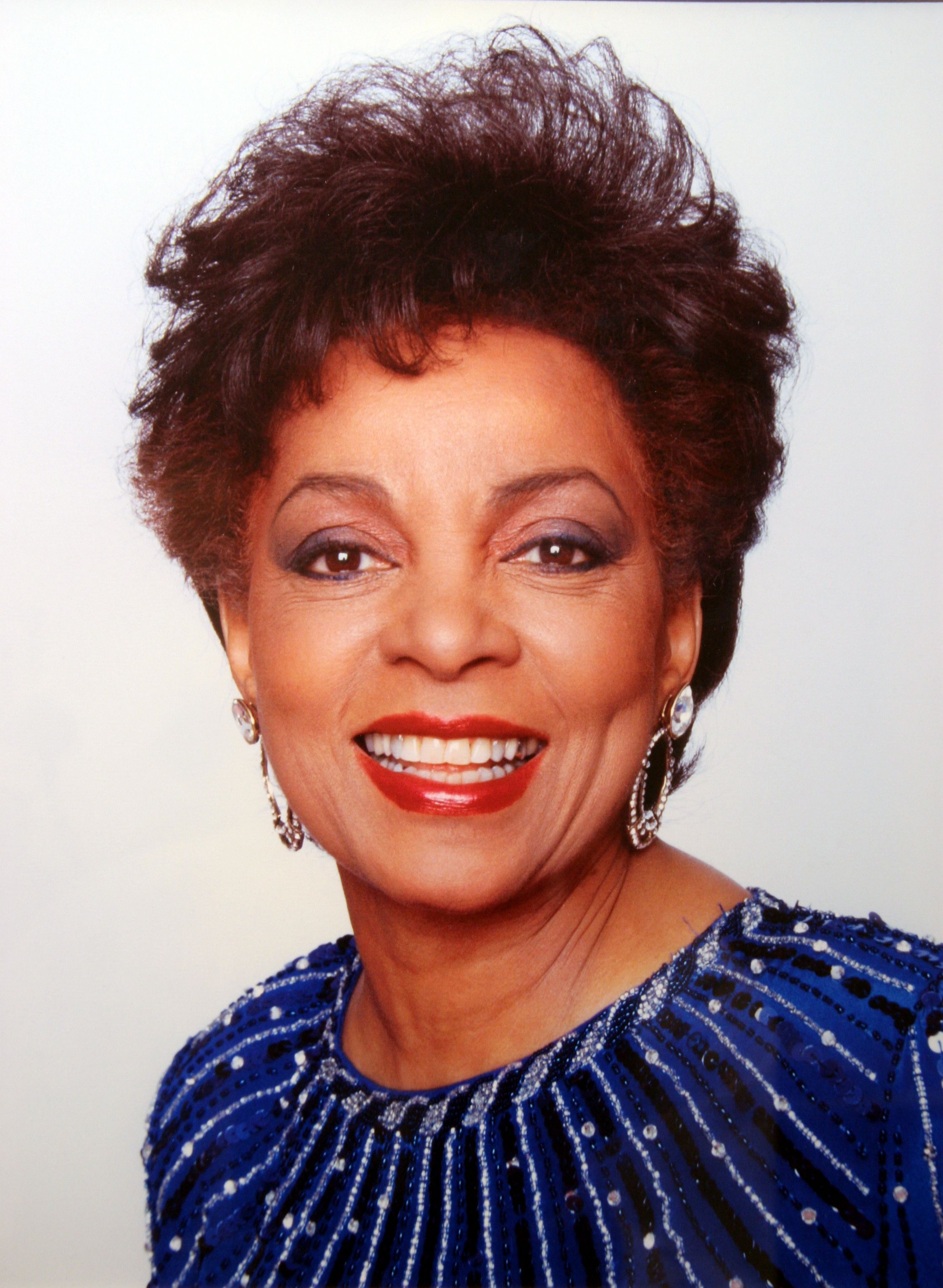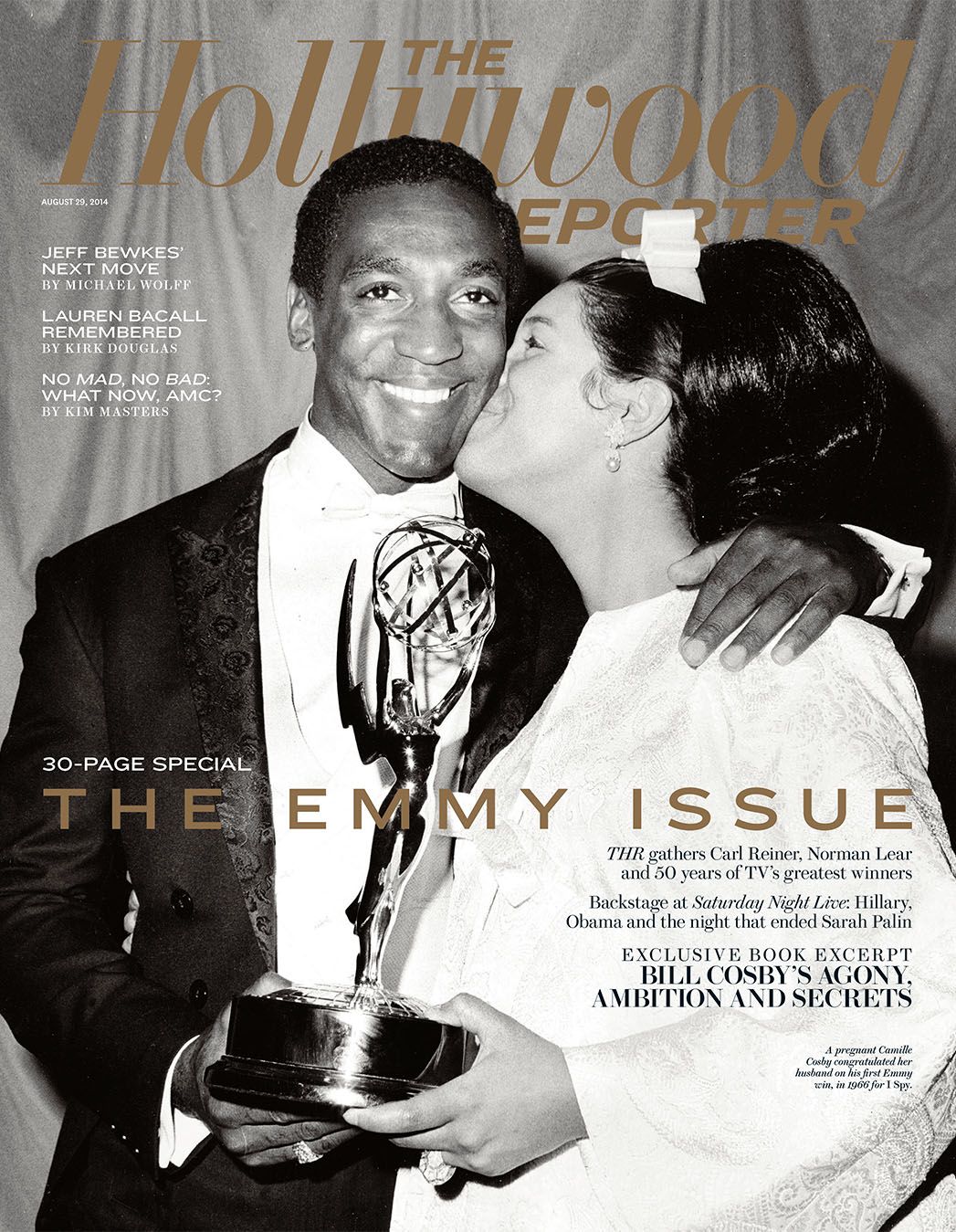Camille O Cosby - Looking At Digital Echoes
When we think about names, especially those that have been part of public conversations, it's pretty interesting how they can show up in all sorts of places across our digital world. Sometimes, a name like Camille O Cosby can bring to mind a very specific person, someone known for their contributions and presence. Yet, it's also true that the name "Camille" itself appears in many different contexts, from classic stories to modern digital platforms, each with its own unique tale to tell.
So, too it's almost as if names, once spoken or written, take on a life of their own, becoming connected to various pieces of information. This isn't just about famous individuals; it's about how information gets organized and presented online. For instance, the name "Camille" might pop up in discussions about a classic film, a popular video game character, or even in the very way our modern digital assistants learn and communicate. It’s all part of the vast collection of details we encounter every day.
In a way, what we find when we search for something, or even just stumble upon it, often depends on the specific bits of information that have been linked together. Whether it's about a character from a movie, a strategy for a game, or the latest developments in artificial intelligence, the connections are usually what shape our understanding. This article will explore some of those digital echoes tied to the name "Camille," drawing from a collection of diverse information that, quite frankly, paints a varied picture.
Table of Contents
- Exploring the Name "Camille" in Media and Data
- What Stories Does "Camille" Tell?
- How Does "Camille" Perform in Digital Play?
- The Digital Assistants and Their Role
- How Do These Digital Helpers Learn and Grow?
- What Can You Do With Modern Digital Assistants?
- Understanding Data's Influence
- How Does Data Shape Our Digital Experiences?
- What Does "Camille O Cosby" Mean in a Data-Rich World?
Exploring the Name "Camille" in Media and Data
It's pretty fascinating how a single name, "Camille," shows up in such different corners of our digital experience. From the silver screen to the intense battlefields of online games, this name seems to have a presence. You know, it's like a thread that runs through various forms of entertainment and digital information, offering different perspectives depending on where you look. We often find that names resonate in ways we might not expect, especially when they appear in popular culture, more or less becoming a part of our collective memory.
What Stories Does "Camille" Tell?
The name "Camille" certainly has a long history in storytelling. There's a film, for instance, an Academy Award-nominated American picture, directed by George Cukor. It featured Greta Garbo as Marguerite and Robert Taylor as Armand. This cinematic piece, apparently, tells the story of a Parisian courtesan who finds herself needing to pick between a young man who truly cares for her and something else. It's a classic tale, very much a part of film history, and it was adapted from a screenplay by James Hyman, too it's almost a timeless narrative. There was also a television film adaptation, which just goes to show how enduring some stories can be across different formats.
These older stories, really, they give us a glimpse into different times and ways of life. The way Greta Garbo portrayed her character in "Camille" left a big mark, influencing how people thought about certain roles. It's interesting how a single film, even one from a long time ago, can continue to be discussed and remembered, keeping its place in conversations about cinema. So, when someone mentions "Camille," for some, this classic movie might be the first thing that comes to mind, a testament to its lasting impression.
How Does "Camille" Perform in Digital Play?
Shifting gears quite a bit, "Camille" also happens to be a champion in a very popular online game, League of Legends. For players, understanding how to best use this character, Camille, is a pretty big deal. Websites like U.gg and Mobafire actually look at millions of matches to figure out the best ways to build this character. They check things like win rates, which items work well, and what skills to pick for Camille in every role. It's all about getting the best possible setup to succeed in the game, you know, making sure your Camille build is top-notch.
Apparently, Camille top has a win rate of 51.8% in higher-tier play, like Emerald+, in a recent patch, placing her quite well among other characters. This character is seen as a strong choice against others like Rumble, Sylas, and Wukong. Players are constantly looking for the best Camille builds, runes, items, and skill orders to climb the ranks. It's a very active part of the gaming community, always seeking that competitive edge. This shows how a name can have a completely different meaning depending on the context, from classic drama to competitive online play, and how data helps shape those experiences, too it's almost like a constant evolution.
The Digital Assistants and Their Role
Moving from characters and stories, we also have digital assistants, which are, you know, becoming a pretty common part of our daily lives. These tools, like ChatGPT, are used by a lot of people—more than 100 million across many countries—every week. They help with learning new things, finding creative ideas, and getting answers to questions. It's a rather significant development in how we interact with information and technology. These systems are constantly being worked on and improved, which is quite something.
How Do These Digital Helpers Learn and Grow?
The way these digital assistants, like those from OpenAI, learn and get better is actually pretty involved. They're built on large models, like GPT-4.5, which is described as their largest yet, and GPT-4.1, which is optimized for specific tasks, like writing computer code. Companies use these models to create and use projects, tasks, and even custom versions of these assistants. We used GPT-4, for instance, to help create the training information for these models. This process of learning involves huge amounts of data, helping the models understand and generate human-like text, which is, you know, pretty impressive.
There's also a focus on how these systems are developed responsibly. Things like scaling security through responsible disclosure are important considerations. It’s about making sure that as these systems become more capable, they are also built with safety and ethical guidelines in mind. This continuous process of development and refinement means that the capabilities of these digital helpers are always expanding, offering more ways to interact and get things done, very much like an ongoing project.
What Can You Do With Modern Digital Assistants?
The things you can do with these modern digital assistants are, frankly, quite varied. You can chat with them on the go, have voice conversations, and even ask about photos. For example, you might show ChatGPT an image to troubleshoot why your grill won’t start, or you could explore the contents of your fridge to plan a meal. These tools are designed to be quite versatile, helping with everyday problems and creative tasks alike. They offer unlimited access to various reasoning models and advanced voice features, with higher limits for video and screen sharing, too it's almost like having a knowledgeable friend always ready to help.
Companies are also bringing the capabilities of these digital assistants to their well-known brands, like Mattel’s iconic toys, showing how this technology can be applied in many different areas. Shipping code faster with certain optimized models, like O3 and O4, is another example of how these tools are being used behind the scenes to improve efficiency. It really highlights how these digital helpers are not just for simple questions but are becoming integrated into more complex operations and creative endeavors, offering a broad range of possibilities, very, very helpful in many situations.
Understanding Data's Influence
It’s clear that data plays a really big part in all of this, whether we're talking about game characters or digital assistants. The way information is collected, analyzed, and then used to make things better is a consistent theme. This influence of data is, in some respects, what allows for the constant improvement and personalization of our digital interactions. It’s about making sense of large amounts of information to create more useful and engaging experiences, which is quite a feat, honestly.
How Does Data Shape Our Digital Experiences?
Data shapes our digital experiences in pretty significant ways. Think about the game "Camille" in League of Legends. The fact that platforms can analyze millions of matches to give players the best builds, or tell them that Camille top has a specific win rate, is all thanks to data. This kind of analysis helps players make better choices, improving their chances of success. It’s not just about raw numbers; it’s about turning those numbers into actionable insights that can change how someone plays a game or uses a tool. This constant feedback loop, driven by data, helps refine and optimize almost everything we do online, you know, making things more efficient and often more fun.
Similarly, the development of digital assistants like ChatGPT relies heavily on vast amounts of data. This data helps the models learn patterns, understand context, and generate coherent responses. Without this continuous stream of information and the ability to process it, these tools wouldn't be able to offer the wide range of functions they do. It’s a bit like teaching a student; the more good information they receive and process, the better they become at understanding and responding. So, data is very much the fuel that powers these modern digital experiences, constantly evolving how we interact with technology.
What Does "Camille O Cosby" Mean in a Data-Rich World?
In a world so rich with data, a name like "Camille O Cosby" can, in a way, represent how personal identities become intertwined with digital information. While the specific information provided here doesn't detail the life or achievements of Camille O. Cosby, it does highlight how a name, "Camille," can be a point of connection to various digital elements. It shows how a single identifier can lead to diverse pieces of information, from entertainment to technology. This is a pretty common thing in our connected world, where names and public figures often have a digital footprint that is made up of many different, sometimes unrelated, pieces of data. It's a reminder that information exists in many forms, and how it’s organized often determines what we find when we look for something, or someone, in the vast digital space.
The way information is presented, whether it's about a film, a game character, or the capabilities of a digital assistant, ultimately shapes our perception. So, when we encounter a name, it’s not just about the person or thing itself, but also about the surrounding digital context that gives it meaning. This article, very much, has tried to show some of those varied connections that a name like "Camille" can bring up in our digital landscape, drawing from the specific details that were made available, which is, you know, what we had to work with.

Pictures of Camille O. Cosby

Pictures of Camille O. Cosby

Pictures of Camille O. Cosby